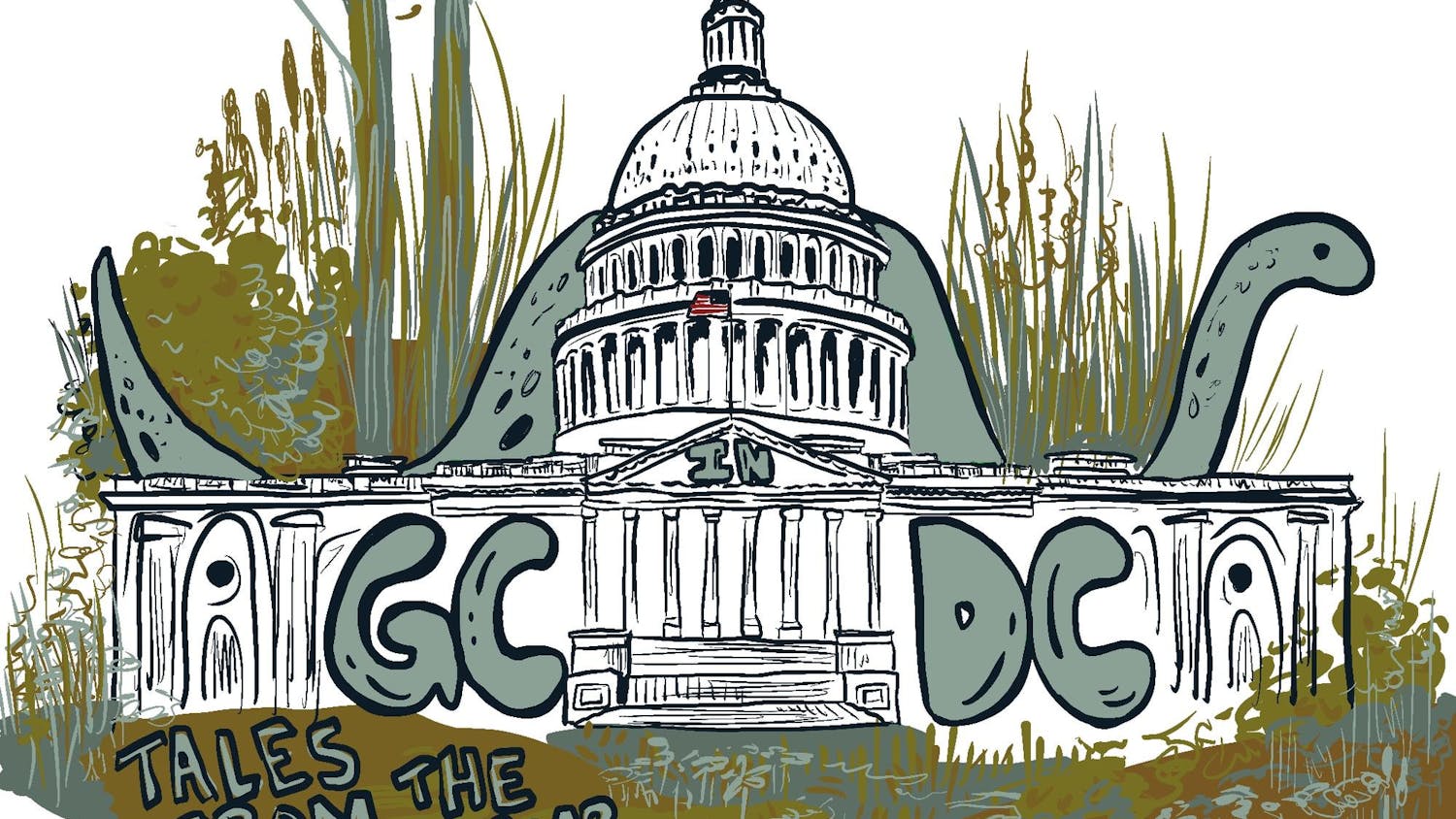As the environmentalist movement reaches previously unseen heights and ever more urgent updates on climate change continue to populate major news outlets, the looming question remains: What is standing in the way of climate reform? The answer will not surprise many who follow politics: congressional corruption, especially on the right.
In the wake of Citizens United v. FEC, a 2010 court ruling allowing corporations and unions to contribute unlimited sums of money to political campaigns, corporate influence in politics has exploded. Citizens United opened the door for almost unchecked lobbying through super PACs and other “shadowy organizations,” according to Brennan Center analyst Daniel I. Weiner. Much of this lobbying is on behalf of the fossil fuel industry, and it has been a thorn in the side of environmental legislation since it went into effect. The most conspicuous evidence of influence by fossil fuel companies comes in the form of federal subsidies for oil and gas extraction. The International Monetary Fund found that the fossil fuel industry received $5.9 trillion in subsidies from the federal government in 2020. These subsidies are overwhelmingly supported by members of Congress whose campaigns receive contributions from the fossil fuel industry.
A 2020 report from the Proceedings of the National Academy of Sciences came to a depressing but obvious conclusion: “The more a given member of Congress votes against environmental policies, the more contributions they receive from oil and gas companies supporting their reelection.” This pervasive problem reaches beyond just climate policy, and it’s getting worse. It is also increasingly more partisan, leaning heavily toward Republicans. In 1990, only 63% of political contributions from fossil fuel companies went to Republicans. By 2018, that figure had risen to 88%. However, the blame is not entirely in the hands of the RNC; Senator Joe Manchin — a Democrat from West Virginia with a history of conservative votes — recently blocked a bill that was dubbed as the “last chance to avoid severe climate crisis impacts.” Additionally, in 2021 a sting video was released showcasing Exxon Mobil’s efforts to halt the progression of climate legislation. As part of this scandal, it was revealed that Exxon had sent nearly $330,000 to the campaigns of Senate Democrats from New Hampshire and Arizona.
Oil and gas companies do not restrain their own influence to U.S. borders; they have been accused and convicted of illegally bribing officials across the world. Extraction industries like oil and gas are consistently listed amongst the most corrupt industries. A recent conviction of bosses at Unaoil, a Monaco-based fossil fuel company, revealed they bribed officials from nine different countries to secure oil and gas contracts.
Despite grave warnings from the Intergovernmental Panel on Climate Change, many members of Congress like Rep. Dan Crenshaw continue to tote fallacies about fossil fuels. “Oil and gas contributes to human flourishing. Period,” Crenshaw recently tweeted. Other politicians, like U.N. Secretary-General António Guterres, feel a much greater sense of urgency with this issue. Addressing politicians who fall short of their ostensible goals, he had a curt response: “Simply put, they are lying. And the results will be catastrophic.”
The best way forward is to promote transparency in politics — especially regarding things like campaign finance — and to research the financial backing of any politician you intend to support. Websites like OpenSecrets keep track of campaign contributions and their sources for every U.S. politician and are a great way to research your candidates. The future of our world lies in the hands of our leaders, so it is our collective right and responsibility to be aware of who guides these hands.






